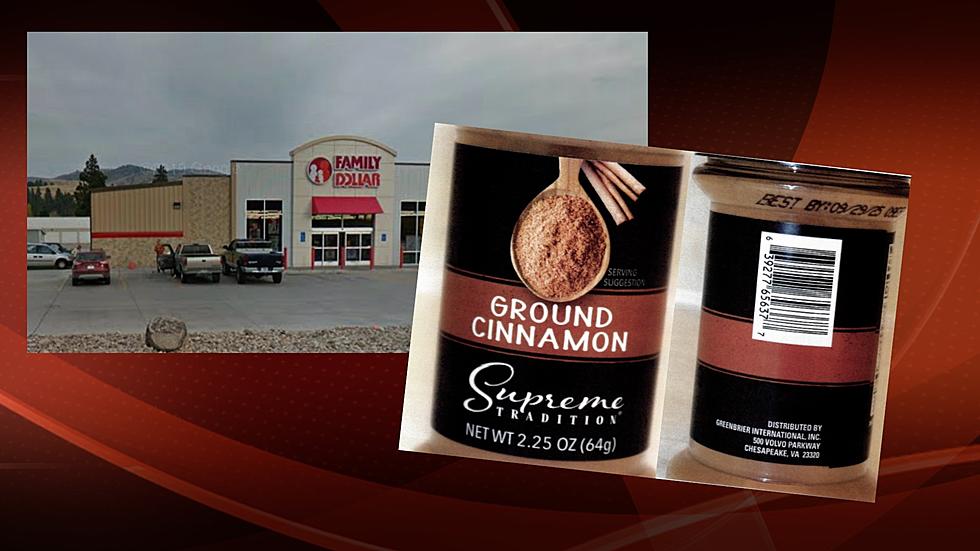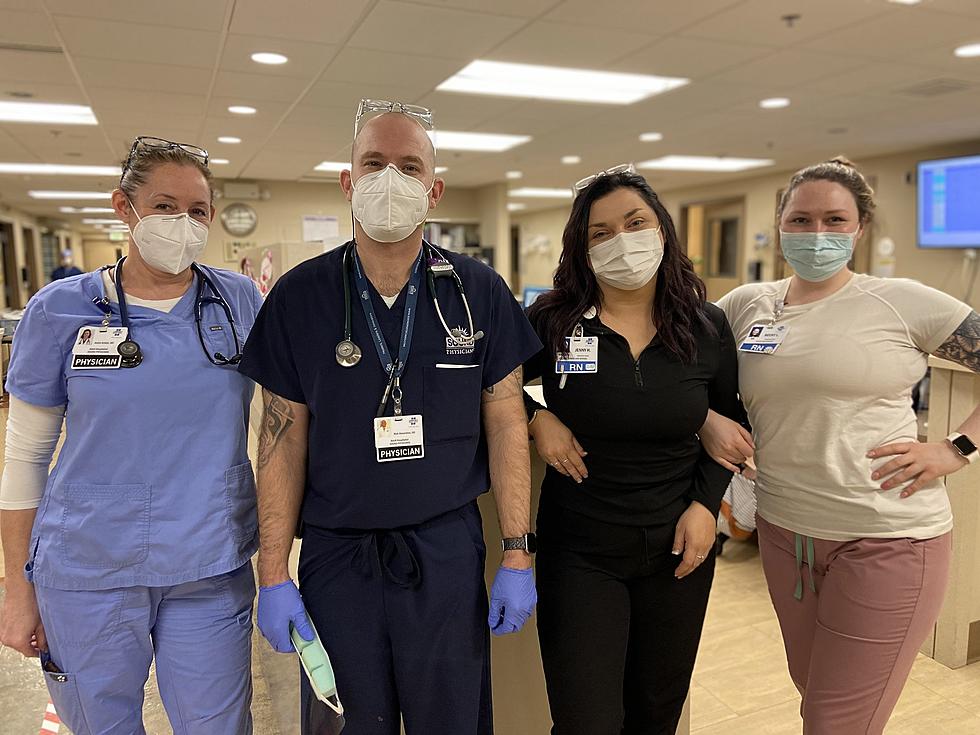
Bullock says Montana’s COVID Vaccine Allotment cut by 20 Percent
Governor Bullock recently announced that the state’s anticipated allocation of vaccine doses through the end of the year has been reduced by the federal government by 20% from 60,000 down to 48,000 along with other states across the nation.
Public Information Officer with the Montana Department of Health and Human Services Jon Ebelt has more.
“With this new allocation number we've adjusted our plans accordingly, and in the process of moving forward, the good news is, as of Friday, there are over 3,000 Montanans that have received, or been administered the vaccine. So that's good news, showing progress.”
Ebelt also had an update on both vaccines coming into the state.
“I also received an update about the amount of Pfizer vaccines that will be coming into the state this week, with close to 7000 Pfizer vaccines and just over 18,000 maternal doses. “More vaccines are coming this week, so more Montanans will be vaccinated and things are moving forward.”
Ebelt looked forward to another round of vaccines headed to Montana.
“People might have noticed, you know, over the weekend HCIP came forward with some Phase One B recommendations and we're reviewing those now,” he said. “So things are happening simultaneously, but currently in terms of the vaccines being administered, we're in Phase One A, with kind of one eye looking towards Phase One B.”
Ebelt also wanted Montanans to know that special care is being used in making sure that Montana’s Native American population is being served as well.
“All tribal jurisdictions in Montana were given the opportunity to either receive their allocation through federal or state channels,” he said. “This includes tribal governments, Urban Indian Health Centers, and Indian Health Service sites. So in Montana five of the eight tribal governments, five of the five urban Indian health centers and all eight IHS sites chose to get their allocation from IHS. So vaccine is rolling in to IHS as well and that's being distributed, too.”
The Moderna vaccine includes 100 doses per box and does not require ultra cold storage, making it more easily delivered to rural settings or small facilities. The Moderna vaccines will be shipped to Critical Access Hospitals and Community Health Centers for health care workers on the front lines of the pandemic.
LOOK: Famous Historic Homes in Every State
More From Newstalk KGVO 1290 AM & 98.3 FM









